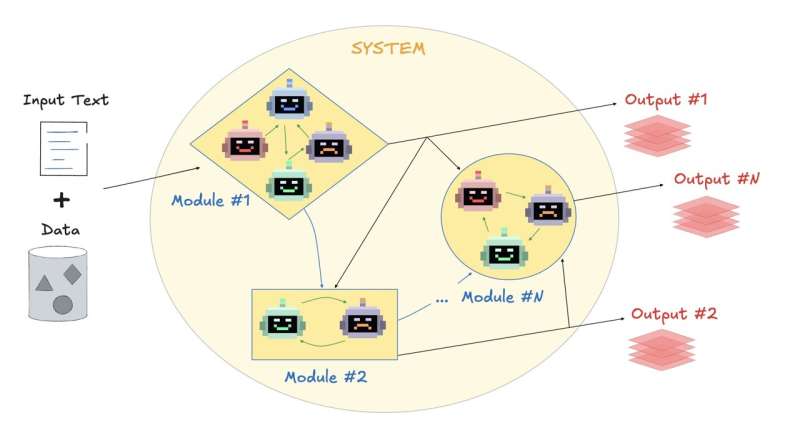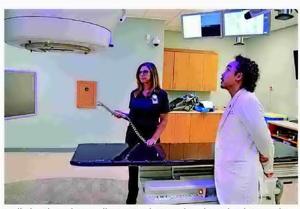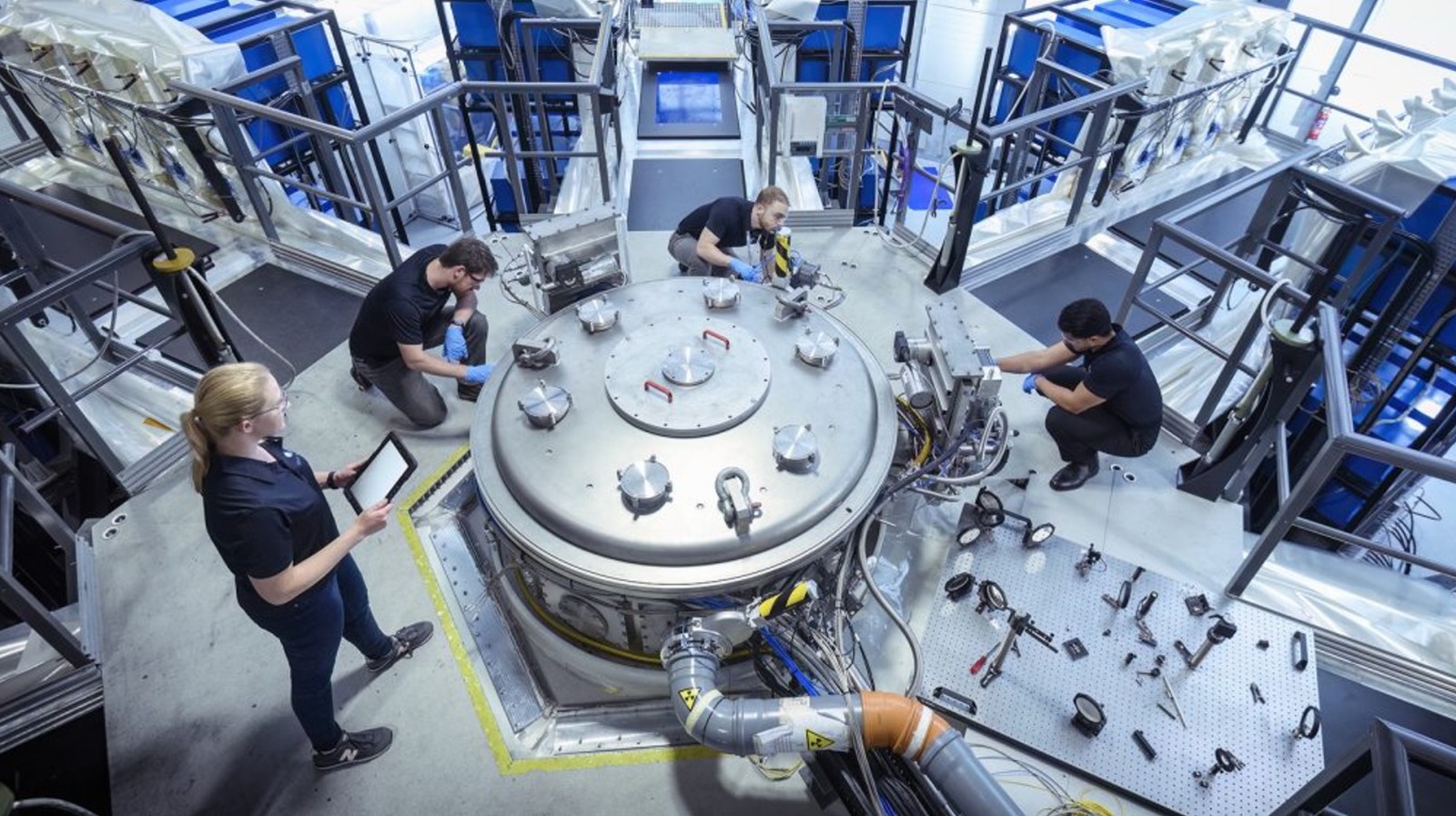A team of researchers has unveiled an innovative AI-powered tool called Denario, aimed at transforming the scientific research landscape. Developed collaboratively by institutions including the University of Cambridge, the Flatiron Institute, and the Autonomous University of Barcelona, Denario is designed to assist scientists throughout the entire research process—from identifying new questions to analyzing data and drafting manuscripts.
Denario leverages advanced large language models to support researchers in tasks such as formulating hypotheses, synthesizing literature, and producing scientific documents. The creators hope that the tool will not only expedite research but also foster more dynamic and interdisciplinary collaboration.
While existing AI tools, like ChatGPT, can assist with specific tasks such as data visualization or abstract writing, they typically address only one step at a time. Denario represents a significant evolution, functioning as a comprehensive assistant capable of generating research ideas, analyzing datasets, and crafting manuscripts. In a paper published on the arXiv preprint server, the development team asserts that Denario could enhance the scientific process by providing researchers with a versatile resource tailored to their needs.
Francisco Villaescusa-Navarro, a primary developer from the Flatiron Institute, noted, “Sometimes the most interesting thing is the idea, because maybe it’s a new idea that hasn’t been explored.” He emphasizes that Denario can catalyze innovative thinking by introducing novel methods or perspectives to datasets.
Despite its potential, the developers caution that Denario is not intended to replace scientists. The current iteration has limitations, with only about one in ten outputs yielding valuable insights. Moreover, there have been instances where Denario generated fabricated data, underscoring the necessity of human oversight in its application.
The project is spearheaded by Dr. Boris Bolliet from Cambridge, alongside Pablo Villanueva Domingo from the Autonomous University of Barcelona and Villaescusa-Navarro. Their team includes experts from various fields, including astrophysics, biology, biophysics, chemistry, material science, neuroscience, mathematics, machine learning, quantum physics, and philosophy.
Recent advancements in large language models have provided a fertile ground for testing AI capabilities across all stages of scientific research. Denario employs a modular architecture, enabling users to select specific components that align with their research needs—whether coding, exploring ideas, or summarizing results.
To utilize Denario in an end-to-end capacity, researchers simply upload a dataset along with a brief description of their objectives. The initial agents refine the project idea, ensuring it is both innovative and grounded in existing literature. Subsequently, methods and planning agents propose analytical approaches, followed by a multi-agent system called CMBAgent, which executes the plans, interprets results, and prepares summaries.
Despite its promise, Denario’s outputs have varied in quality. Recent tests across disciplines such as astrophysics, neuroscience, and chemistry revealed that while many outputs were deemed unsuitable, approximately 10% sparked interesting questions or findings. The interdisciplinary nature of Denario is particularly promising, as it may introduce ideas from fields that researchers are less familiar with.
Looking ahead, the team aims to enhance Denario’s efficiency and output quality, striving to automatically filter low-quality results. They acknowledge ongoing challenges, including the system’s difficulty in conveying uncertainty in write-ups and referencing prior studies accurately. Ethical considerations also loom large, particularly the risk of the AI producing misleading or erroneous information—known as AI hallucinations.
The researchers have taken steps to mitigate such risks, including implementing instructions to prevent Denario from generating ‘dummy data’ after instances of fabricated results. They advocate for an open dialogue about the responsible use of Denario and similar tools in scientific research, emphasizing the collaborative effort required for its development.
In summary, Denario represents a significant advancement in the intersection of AI and science, promising to streamline research processes while inspiring new avenues of inquiry. As the team continues to refine and improve this tool, the ultimate goal remains clear: to free scientists from mundane tasks, allowing them to dedicate more time to creative and critical thinking.







